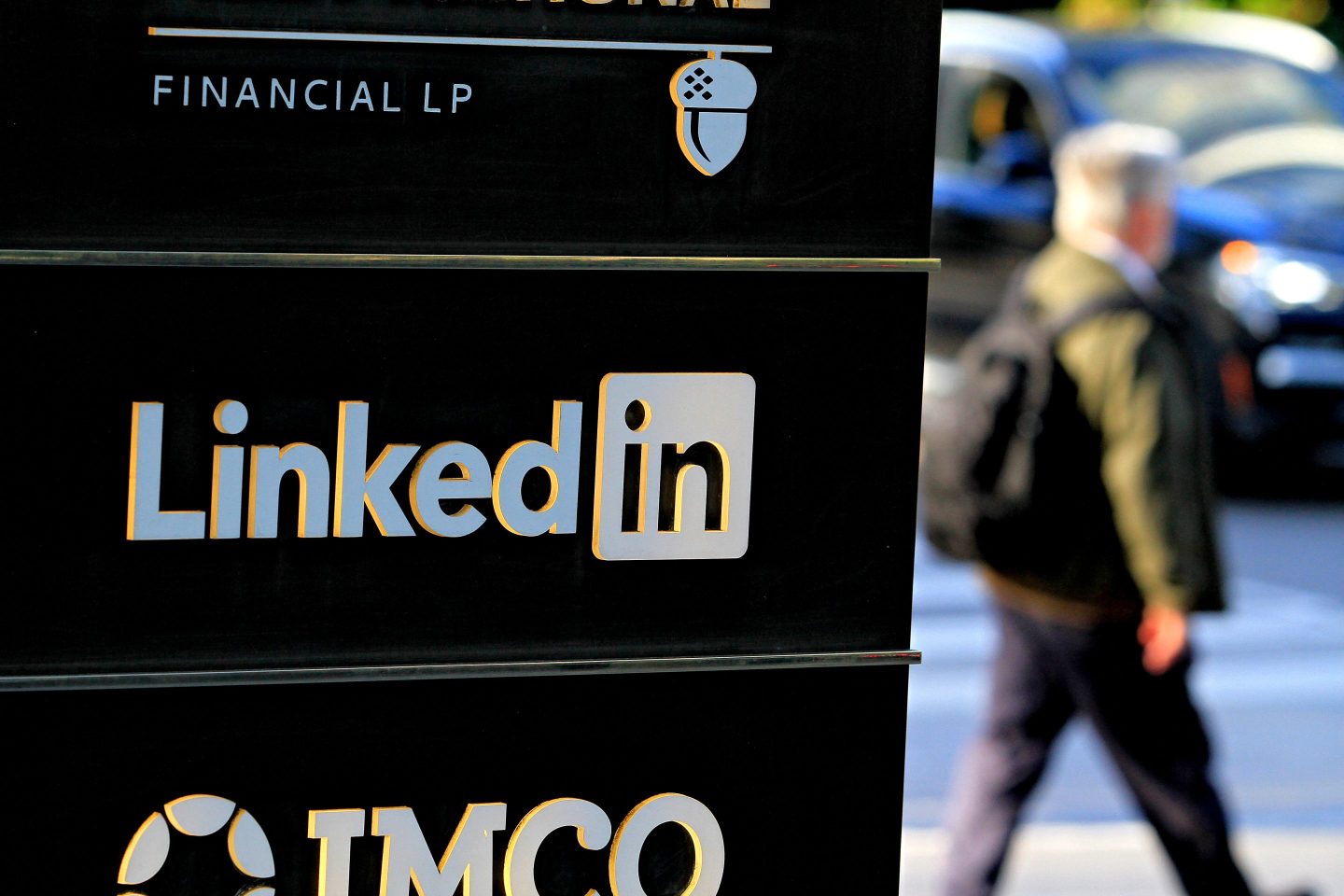After years of anticipation, Tesla revealed its first pair of robotaxis, the sedan-like Cybercab and larger Robovan, on Thursday night—but the event failed to instill confidence in investors, which is great news for rideshare companies like Uber and Lyft. On Friday, the day after Elon Musk’s big event, Lyft shares were up over 9%, and Uber shares catapulted 8%, Meanwhile, Tesla’s stock is down over 7%.
Musk teased the robotaxi in 2019, promising a fleet of “over a million robo-taxis on the road” by 2020. After numerous delays on unveiling the autonomous rideshare vehicle, Musk’s Thursday reveal of the Cybercab featured plenty of lofty promises—including its sub-$30,000 price tag—but was light on a concrete plan on how to fulfill them.
“The presentation lacked many of the details people were looking for,” Wells Fargo analyst Colin Langan told Fortune. “And the demos were very short and in a very low complexity environment.”
Investors were looking for a clear understanding of the Cybercab’s vision-only strategy, which differs from the Light Detection and Ranging (LiDAR) sensors used by other autonomous vehicles, Langan said. The short presentation also took place on a Warner Bros movie studio set, not an open road, which limited the car’s ability to show off true driving capabilities. Musk said in his presentation his goal is to have robotaxis on the road before 2027, but admitted he has a tendency to be “a little optimistic” on the car’s timeline. Tesla did not respond to Fortune’s request for comment.
Tesla’s autonomous driving service has posed a threat to rideshare companies, which have largely coexisted as a duopoly in the U.S. market. With an affordable build cost compared to conventional rideshare services, a robotaxi would be significantly cheaper to operate than a human rideshare service.
Uber has its own autonomous rideshare investments, including partnerships with Alphabet’s Waymo and General Motors’s Cruise LLC. However, Uber CEO Dara Khosrowshahi warned earlier this week the margins for its autonomous service would take years to grow, making it vulnerable to competition like Tesla.
But with Tesla’s plans for its own fleet of self-driving taxis losing investor confidence, the scales may have once again tipped in Lyft and Uber’s favor.
“We consider the event a best-case outcome for Uber,” John Colantuoni, an analyst at Jefferies, said in a recent note, giving a buy rating for the rideshare giant.
Rideshare economics
Rideshare companies’ ability to stave off competition from Tesla will hinge on the operating costs of autonomous vehicles. Companies like General Motors are burning billions of dollars annually on robotaxi projects to find a way to make them economically sustainable.
“People are starting to realize that this could be a long horizon,” Langan said. “A lot of cash may be deployed over that period, and they’re trying to sort of brace [for] and understand that risk.”
One Waymo car is worth about $200,000, which includes both the vehicle itself and its LiDAR technology. Its exorbitant deployment costs are far more expensive than a human rideshare and have prevented it from becoming competitive in the autonomous rideshare market, according to Wells Fargo analyst Ken Gawrelski.
“Waymo is on the hearts and minds of rideshare investors,” Gawrelski told Fortune. “It doesn’t present the same risk that Tesla could potentially, and the reason is that Waymo vehicles today are still very expensive to produce.”
While Tesla’s lackluster Cybercab and Robovan presentation may have assuaged some of the anxieties around Uber’s and Lyft’s immediate future, those legacy rideshare companies will be watching closely to see if Tesla can fulfill its $30,000 robotaxi promise.
“That’s what would potentially make it so scary for public market investors,” Gawrelski said.
Tesla should be taken more seriously if and when it launches talks to acquire a third-party insurance provider, which would provide safety data and insure rides as Waymo and Uber and Lyft do. While Musk announced plans to put self-driving cars on the roads of California and Texas next year, Gawrelski warned that until there’s material evidence of those debuts, Tesla’s threat of disrupting the rideshare industry will remain abstract.
“Putting an actual date and a city on those launches would be a significant development,” he said.













